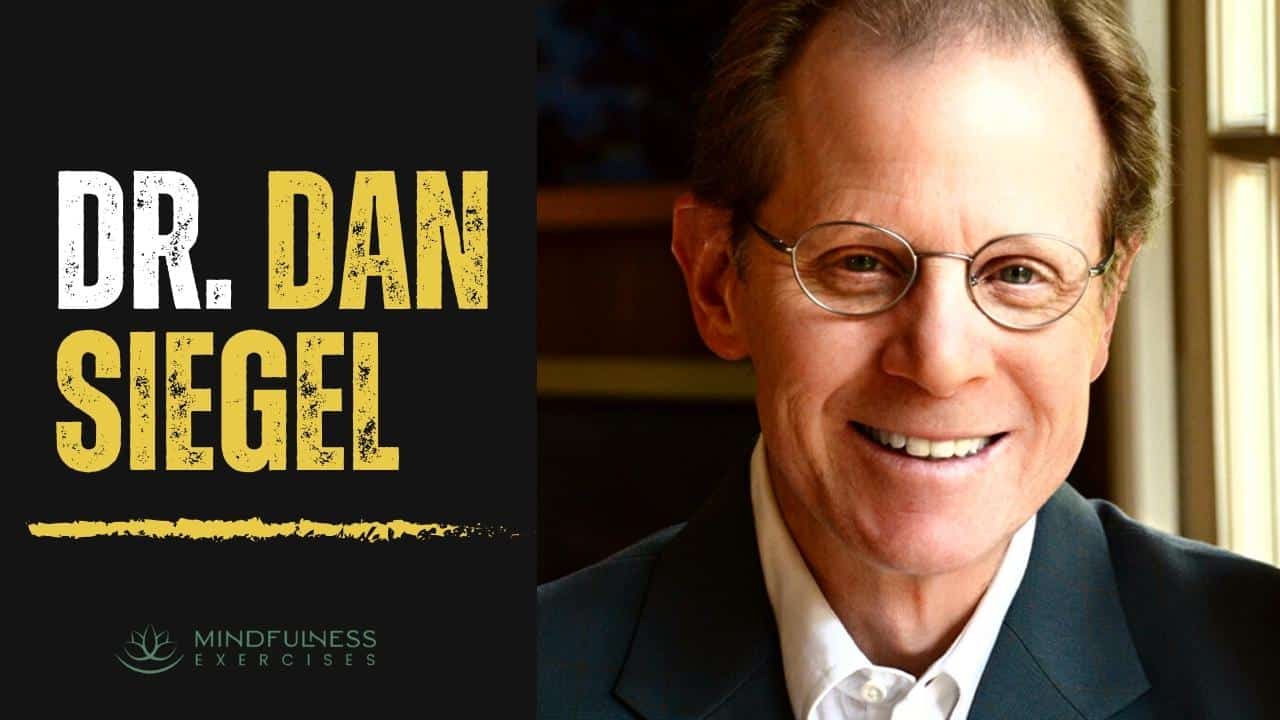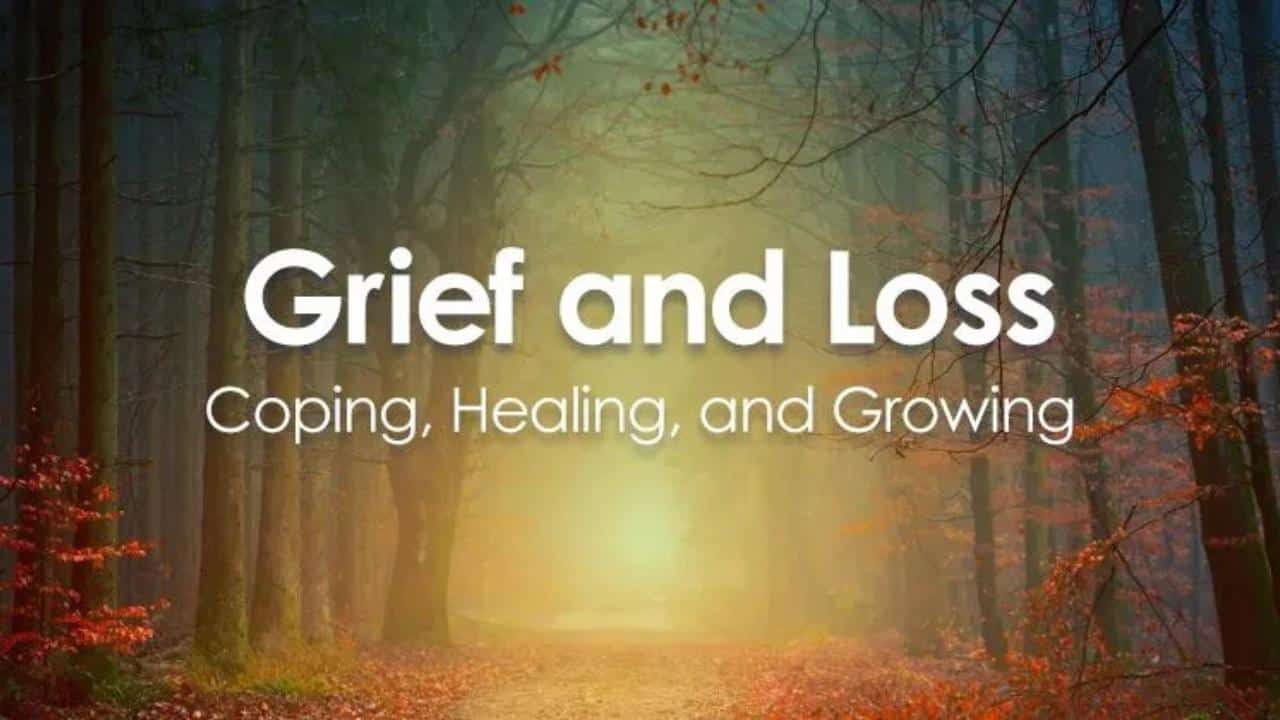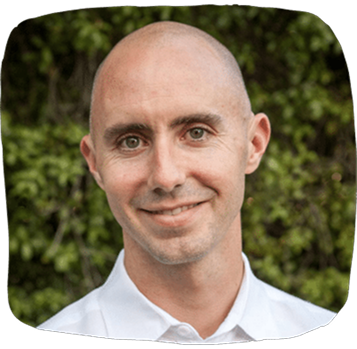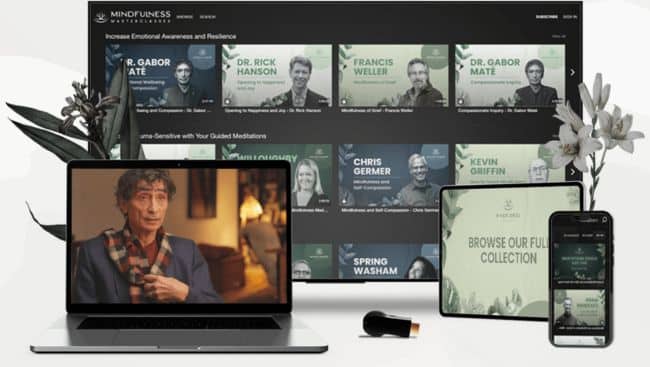Mindfulness is not just about meditation; it’s about how we meet life’s joys and challenges with awareness, compassion, and courage.
This week, I’ve been reflecting on self-compassion, a quality that’s often misunderstood. Many of us believe that being kind to ourselves means being weak, selfish, or indulgent. Yet as Dr. Chris Germer and Dr. Kristin Neff often emphasize, self-compassion is actually a source of strength because it allows us to face our pain with honesty and care rather than avoidance or harsh judgment.
Inspired by Dr. Siegel’s perspective, I’m exploring how bringing mindful awareness to our struggles helps us stay grounded and resilient, especially when life feels uncertain or overwhelming.

Here’s what’s been on my heart and mind this week:
What I’m Sensing Into: The 5 Myths of Self-Compassion
As I’ve been navigating a broken ankle, recurring headaches, and the ongoing challenge of, well, being human, I’ve noticed how quickly barriers to self-care can arise. Self-compassion is often misunderstood, but mindfulness helps me see through the myths:
1. “Self-compassion is just self-pity.”
It’s easy to confuse self-compassion with self-pity because both involve turning inward when we’re suffering. But while self-pity isolates us—focusing on how bad things are and why life feels unfair—self-compassion opens us up to our shared humanity. We begin to see that pain, loss, and difficulty are part of being human, not personal failures.
Many people resist self-compassion because they fear getting stuck in their emotions, as if kindness might reinforce victimhood. In truth, acknowledging pain with gentleness helps us move through it more quickly. When I allow myself to say, “This hurts, and that’s okay,” I create space for healing rather than drowning in self-focus.
Takeaway: When you feel overwhelmed, place a hand on your heart and say, “This is hard right now, and I’m not alone.” Notice how this simple gesture transforms pity into presence.
2. “It makes me weak.”
Strength is often mistaken for suppression—the ability to power through without showing pain. Many of us were taught to hide our vulnerability to appear competent, resilient, or in control. Yet that very suppression breeds burnout, disconnection, and self-criticism. Self-compassion doesn’t make us weak; it allows us to be honest about our limits while still showing up with courage.
Dr. Siegel reminds us that true strength is flexibility—the ability to stay open to experience without collapsing or becoming rigid. When I practice self-compassion in moments of exhaustion or shame, I’m not giving up. I’m choosing to meet myself with honesty and care, which restores energy rather than drains it.
Practice: Next time you feel pressured to “hold it together,” take three slow breaths and ask yourself, “What would supporting myself look like right now?” Then do one small thing that feels nourishing.
3. “It’s selfish.”
This myth runs deep, especially for those who’ve been taught to care for others before themselves. We may fear that tending to our needs will make us self-centered or neglectful. But self-compassion is not about prioritizing ourselves over others—it’s about including ourselves among others. When we give from depletion, our care becomes strained, resentful, or performative.
Mindfulness helps us see that genuine compassion flows more freely when we’re internally resourced. By offering kindness inward, we replenish the well from which we give. In everyday life, this looks like setting boundaries, resting without guilt, or speaking gently to ourselves after a mistake.
Takeaway: Remember the oxygen mask principle: caring for yourself first doesn’t mean you care less about others. Try repeating, “My well-being supports the well-being of those I love.”
4. “It lets me off the hook.”
Some people fear that if they practice self-compassion, they’ll stop holding themselves accountable—that they’ll excuse harmful choices or lack of effort. But self-compassion is not indulgence; it’s an honest confrontation with our humanity. Harsh self-criticism often creates defensiveness or shame, which reduces motivation.
In contrast, self-compassion supports growth because it roots accountability in understanding rather than punishment. When I meet my mistakes with curiosity instead of contempt, I learn more, not less. This shift transforms “What’s wrong with me?” into “What can I learn from this?” The result is genuine responsibility grounded in wisdom.
Practice: The next time you make a mistake, write yourself a brief note of understanding—what you were feeling, what you’ve learned, and what you’ll try next time. Notice how self-compassion keeps you engaged, not complacent.
5. “It’s too soft.”
Our culture often glorifies toughness, productivity, and emotional control. Against that backdrop, self-compassion can seem naïve or indulgent. But softness is not weakness—it’s a form of strength that sustains us when life feels harsh. Being gentle with ourselves doesn’t mean avoiding hard truths; it means facing them without adding unnecessary suffering.
Think of how a tree bends in the wind—it survives because it yields without breaking. When I treat myself with tenderness amid pain, I discover a quiet resilience that harshness could never provide. This kind of inner softness gives rise to courage, patience, and genuine confidence.
Takeaway: When life feels demanding, whisper to yourself, “I can be gentle and strong at the same time.” Let this be a reminder that compassion is not softness—it’s solidity in motion.
Which of these myths resonates most with you?
Take a moment to pause and notice which belief feels most familiar or true for you right now. Maybe it’s the quiet voice that says being kind to yourself is indulgent, or the one that insists you need to “toughen up” to survive. Whatever comes up, approach it with gentle curiosity rather than judgment. Recognizing your personal myth is the first step toward softening it.
You might journal about where that belief originated—whose voice it echoes, and how it has shaped the way you treat yourself. Then, choose one of the strategies above to begin shifting your perspective. Whether it’s placing a hand on your heart, taking three conscious breaths, or writing yourself a note of understanding, practice meeting that belief with mindfulness and compassion. Over time, you’ll notice how awareness loosens the myth’s hold and makes room for something kinder, steadier, and more true.
A conversation with Dr. Dan Siegel: Fading the Myths

I’m thrilled to be sitting down with Dr. Dan Siegel for our upcoming podcast episode. Dr. Siegel is a world-renowned psychiatrist, author, and teacher whose work on interpersonal neurobiology has transformed how we understand mindfulness, relationships, and the brain.
He’s also the creator of the Wheel of Awareness, a powerful practice for cultivating presence.
If you could ask Dr. Siegel one question about the mind, resilience, or mindful living, what would it be? I’d love to bring your curiosity into the conversation.
What I’m Practicing: Sitting in Silence
Sometimes mindfulness is about simplicity. This week, my practice has been:
- Sitting quietly.
- Resting my tired body.
- Feeling the current of life flow through me.
Nothing more, nothing less.
What I Recommend: Grief and Loss Course with Dr. Rick Hanson

Most of us carry grief — often silently. The passing of loved ones, the end of relationships, health changes, or even grief for the state of the world can weigh on our hearts.
That’s why I recommend Dr. Rick Hanson’s Grief and Loss course, beginning Saturday. This course offers tools to process grief, grow inner strengths, and feel light again.
If you’ve been carrying losses of your own and want to learn how to make space for your grief without being overwhelmed, this is a wonderful opportunity.
A Poem I Love: Breaking Surface by Mark Nepo
Mark Nepo’s poetry has a way of reaching deep into the soul. Here’s one that’s been guiding me:
"Let no one keep you from your journey, no rabbi or priest, no mother who wants you to dig for treasures she misplaced, no father who won't let one life be enough, no lover who measures their worth by what you might give up...
It’s a beautiful reminder that we are each explorers — with our own compass and shore to discover.
Closing Reflection
Mindfulness isn’t about doing it “right.” It’s about noticing how we relate to ourselves in moments of struggle. Each of these self-compassion myths reminds us how easily we confuse kindness with weakness, responsibility with shame, or care with selfishness. Yet when we look more closely, we see that self-compassion is the steady ground beneath all mindful living.
As you move through the week, notice when one of these myths surfaces—when you criticize yourself for needing rest, or resist softness in the face of pain. Use the strategies offered here: pause, breathe, place a hand on your heart, or write yourself a note of understanding. These small gestures aren’t self-indulgent; they’re how healing begins.
May this gentle awareness help you meet yourself with more truth, tenderness, and courage.













